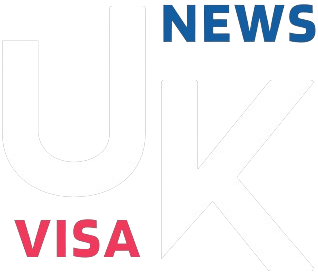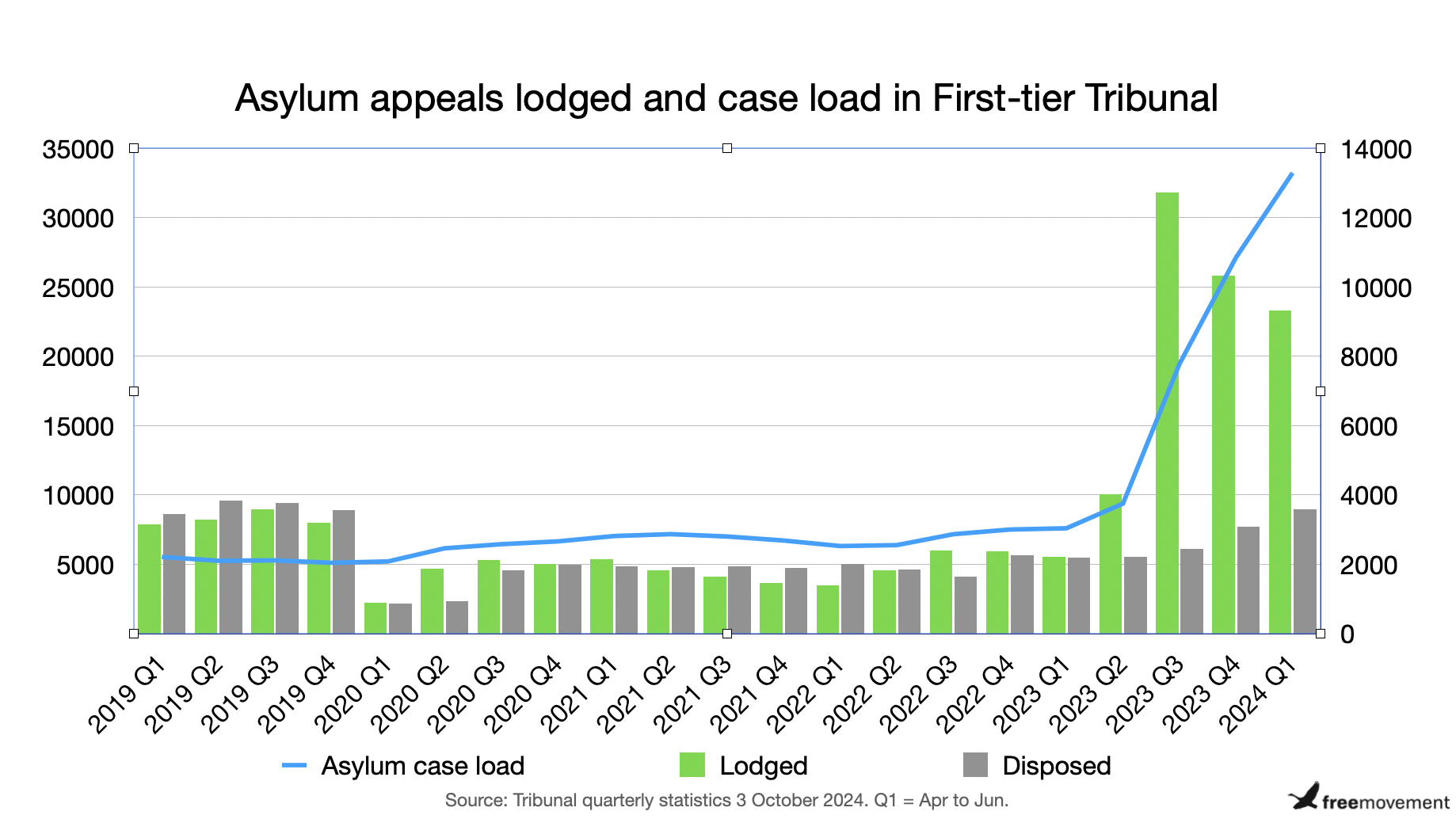By Thomas Hill – Immigration Barrister
When asylum and human rights instances go to attraction, the decide will usually want to contemplate circumstances in another country, normally (although not essentially) the appellant’s nation of origin. When that is the case, it is going to usually help the courtroom to have detailed factual proof on that nation. Appellants can after all present proof of their very own: after we are instructed to help with appeals, for instance, we’ll usually instruct experts to organize experiences to be used in courtroom, or the place acceptable we may additionally help our purchasers in sourcing different goal supplies (from educational publications, to journalistic sources, to experiences by NGOs or charities).
In idea the Dwelling Workplace may additionally depend on goal supplies from third events, however most frequently it is going to rely by itself experiences, referred to as Nation Coverage and Data Notes (‘CPINs’). On this publish, we’ll take a look at CPINs in additional element: what they comprise, how they’re produced, how they’re relied upon, and the way they’re seen by the courts and tribunals.
What matters do CPINs cowl?
CPINs are a sequence of paperwork produced by UKVI’s Nation Coverage Data Crew. They’re published online and organised by nation. They don’t exist for each nation on the planet – on the time of writing, there are CPINs referring to 45 nations, which broadly replicate the highest nations when it comes to variety of UK asylum claims. There could also be a number of CPINs for every nation, and every pertains to a selected theme – as an illustration “Blood feuds, Albania”, “Sexual orientation and gender identity or expression, Cameroon”, or “Religious Minorities, Iraq”.
What sources of data do CPINs use?
CPINs are sometimes compiled utilizing a variety of factual sources, that are listed within the ‘Bibliography’ part on the finish of the paperwork. These will vary from experiences by worldwide organisations, charities and NGOs, such because the UNHCR, Amnesty Worldwide and Human Rights Watch, to journalistic sources, to paperwork produced by the federal government of the nation in query.
The sources cited by CPINs are more likely to fluctuate considerably when it comes to their independence and reliability. It might due to this fact typically be open to appellants to problem the reliance positioned upon them. Moreover, because the sources cited are selectively quoted from, it could typically help appellants to return to the unique sources and see whether or not these are extra useful to their case when taken in context.
In CPINs that relate to the availability of healthcare within the related nation, a key supply normally relied upon as a key supply are ‘MedCOI’. These are experiences financed by the Asylum and Migration Integration Fund, that are used collectively by plenty of European nations. The CPINs that depend on MedCOI state, “The MedCOI team makes enquiries with qualified doctors and other experts working in countries of origin. The information obtained is reviewed by the MedCOI project team before it is forwarded to the UK or other national COI teams.”
Are CPINs extra “policy” or extra “information”?
Because the identify suggests CPINs comprise each “policy” (normally below the heading ‘Assessment’) and “information” (normally below the heading ‘COI’, quick for ‘country of original information’). This displays the merger in 2014 of the Nation of Origin Data Service, which produced strictly factual experiences, and the Nation Particular Litigation Crew, which produced Operational Steerage Notes to type the brand new Nation Coverage Data Crew.
A CPIN is due to this fact not only a factual doc, however one that mixes “facts” (albeit ones chosen and collated by the Dwelling Workplace) with the Dwelling Workplace’s steering to its personal caseworkers. As such, it ought to be borne in thoughts {that a} CPIN will not be strictly an goal doc. In a recent case, the Higher Tribunal’s failure to recognise that CPINs have been distinct from the purely factual experiences produced by COIS was a floor on which permission to attraction was granted (though in the end the Courtroom of Enchantment didn’t take into account this to be a big error on the details of the case).
This observe of together with each factual and steering parts in a single doc was closely criticised in a 2018 report by David Bolt, the then Unbiased Chief Inspector of Border and Immigration. The Inspector described it as “wrong in principle” and argued that, “whatever the intention, the effect is to direct the user towards a predetermined outcome, particularly where a significant body of asylum decision makers are inexperienced, unfamiliar with [Country of Origin Information], have insufficient time to master every detail, and are likely to interpret anything labelled “Policy” as one thing they’re required to comply with.”
Regardless of this, the Dwelling Workplace has not modified its observe – though the preface part included in CPINs now states, “Decision makers must, however, still consider all claims on an individual basis, taking into account each case’s specific facts.” This can be a probably useful line for appellants to quote if the Dwelling Workplace has positioned heavy reliance by itself CPIN in justifying a call.
It can’t be presumed that every little thing contained inside a CPIN is an announcement of the Secretary of State’s coverage, and topic to the authorized duties that will apply in respect of that (such because the duty to disclose relevant policy to the Tribunal, or the duty to follow policy absent good reason to do otherwise). As made clear within the case of BH (policies/information: SoS’s duties) Iraq [2020] UKUT 00189 (IAC), nation data produced and relied upon by the Dwelling Workplace will not be essentially coverage absent content material that implies that it’s.
Contact our Immigration Barristers
Nation of origin proof can play a essential function in figuring out the result of immigration instances. For knowledgeable recommendation and help in relation to asylum or human rights appeals, contact our Immigration Barristers on 0203 617 9173 or full our enquiry type beneath.








